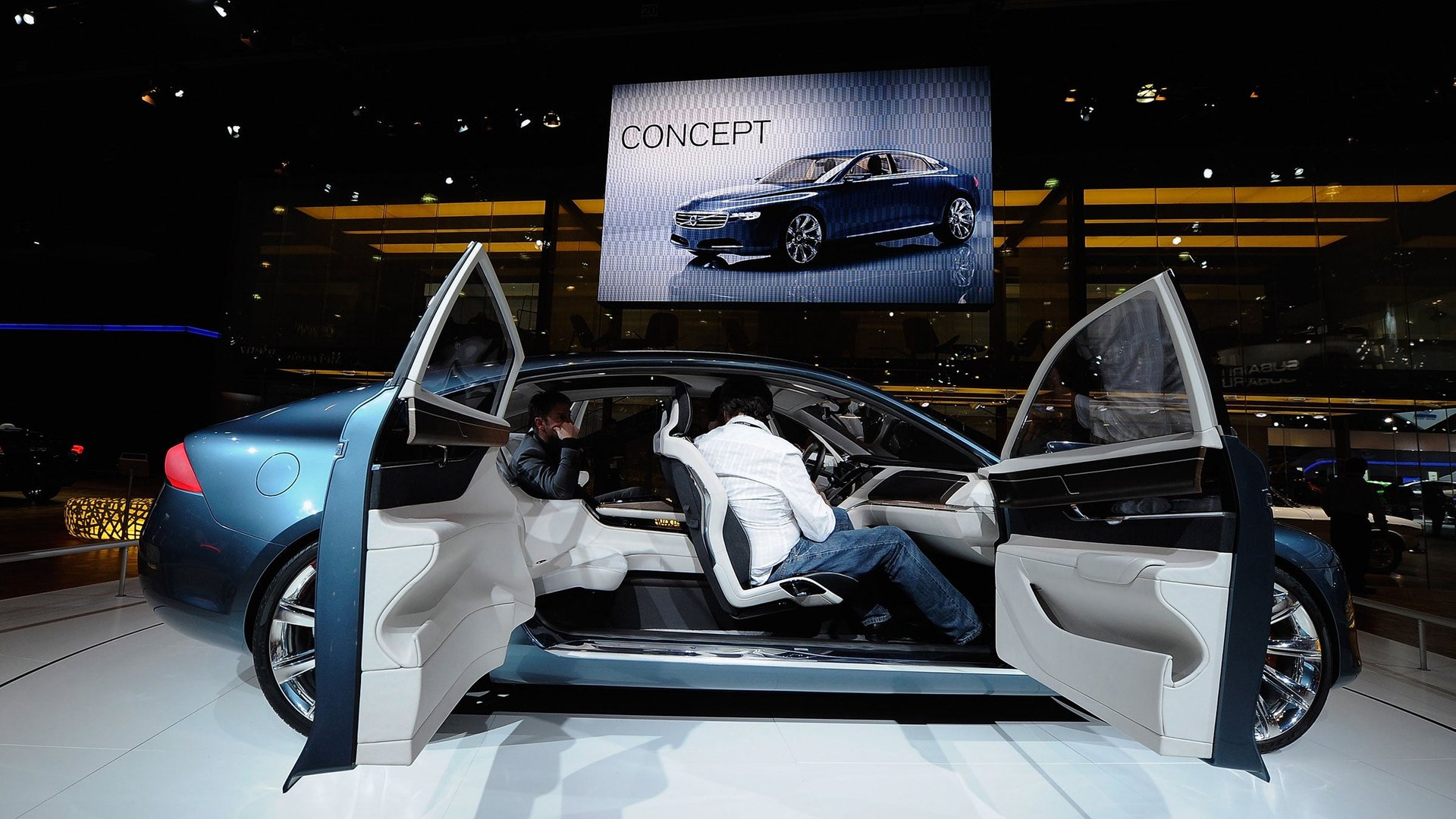Why Volvo is still failing to rev up its China sales as other car-makers boom
Chinese car maker Geely Automotive’s 2010 purchase of Sweden’s Volvo was meant to be a marriage made in heaven. The Chinese company would get Volvo’s engineering technology. In return, Volvo hoped to establish itself as a leading luxury brand in China.


Chinese car maker Geely Automotive’s 2010 purchase of Sweden’s Volvo was meant to be a marriage made in heaven. The Chinese company would get Volvo’s engineering technology. In return, Volvo hoped to establish itself as a leading luxury brand in China.
It’s not working out so well for Volvo. The Swedish firm said today that its overall vehicle sales fell 6.1% in 2012. In China, its sales fell by a much larger 10.9% during the year, including a massive 24.4% drop in December alone.
Volvo has been frustrated with its poor performance in China for while. It replaced its CEO last October for this reason.
The situation is surprising, as Chinese buyers like premium European cars. They see them as sophisticated, technologically superior and reliable. Audi is the marque of choice for Chinese government officials and successful entrepreneurs. BMW is extremely successful; its China sales rose 62.3% in November, year-on-year.
So why is Volvo struggling? Partly because it entered China later than Audi and BMW, so has not had as much time to establish itself there. Its brand isn’t well known in China, according to this Taiwanese report. The Swedish car maker’s new chief executive, Håkan Samuelsson, has also admitted (paywall) that Volvo needs to talk up its safety record in its marketing and train its sales force better.
And even though China’s car market is huge, not every manufacturer can be a winner there. Daimler’s Mercedes is also lagging behind BMW and Audi. Analysts have said Mercedes has not paid enough attention to changing Chinese buying trends or introduced enough cheaper-priced cars.
Volvo’s troubles in China could also be a sign that the country’s luxury car market is getting saturated after years of breakneck growth. For months now, analysts have predicted that China’s premium car sales will have to slow. Even though the economy is recovering from its sharp slowdown early last year, wealthy Chinese have been bingeing on luxury cars. The nation’s millionaires may be approaching the limit of their appetites.